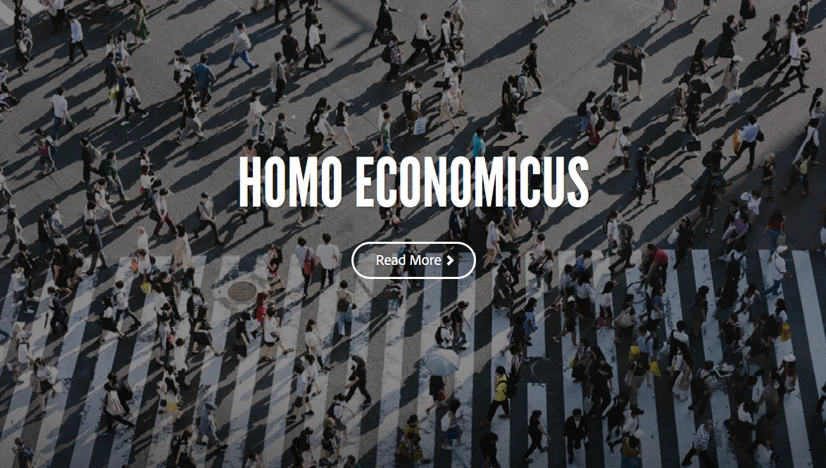✕
Homo Economicus: Why are new year’s resolutions so difficult to maintain and economic models so bad at predicting our behaviour?
Antonia T. Schröder
Pluralist Economics Fellowship, 2018
Pluralist Economics Fellowship, 2018
Level: beginner
This dossier is part of the Pluralist Economics Fellowship, jointly put together by the Minerva Schools at KGI & The Network for Pluralist Economics. For more information on this and a collection of the other student essays check out this page.
Homo Economicus: Why are new year’s resolutions so difficult to maintain and economic models so bad at predicting our behaviour?
Author: Antonia T. Schröder
Review: Prof. Dollie Davis
Abstract:
Have you ever wondered why it is so difficult to follow through on new year’s resolutions, such as to exercise more or to start saving more money towards retirement? The agent that most traditional economic models are based on would not struggle to keep up these resolutions. These agents are referred to as homo economicus.
We use cookies on our website. Click on Accept to help us to make Exploring Economics constantly better!


